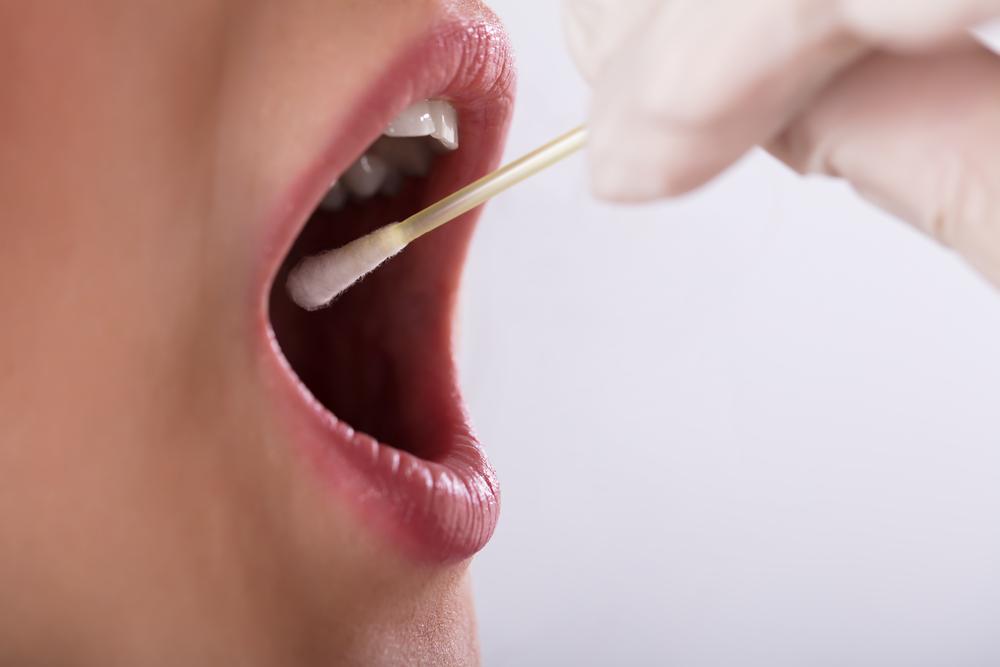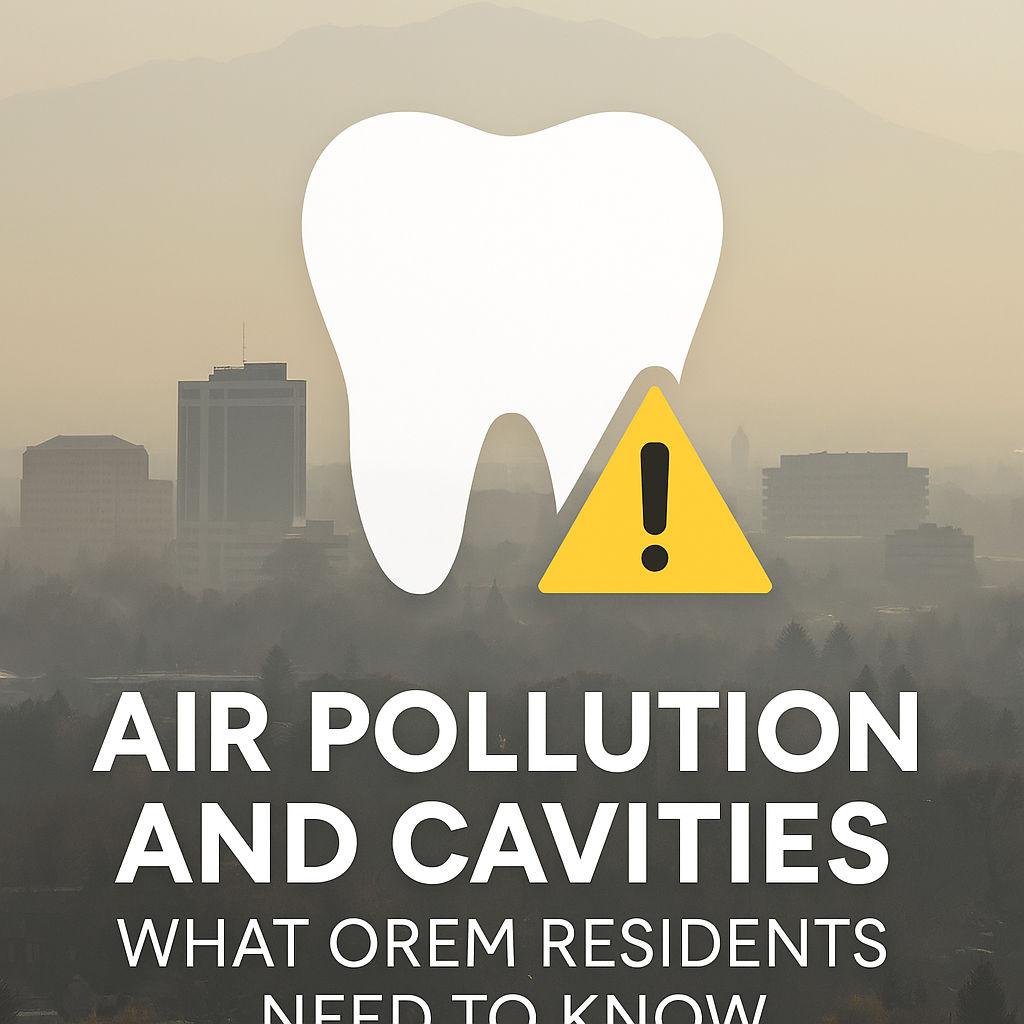Not only does sugar contribute to tooth decay, but so do many other foods and drinks in Orem. Acidic meals and drinks can erode the tooth enamel that prevents cavities. dental erosion, often known as dental decay, is a process that can rapidly alter the look of your teeth.
Here are seven ways to maintain a healthy oral pH level. By increasing the alkaline and decreasing the acidic levels of your saliva, you may fast improve your dental health.
The Importance of Maintaining Optimal Oral pH
The number 1 represents the most acidic value on the pH scale, whereas the number 14 represents the most alkaline value. Saliva with a pH level below 7 can be quite damaging to your teeth due to the many things that can cause it to drop that low. The enamel of one’s teeth can erode, and one can get cavities and tooth decay if their saliva is overly acidic.
Tooth erosion is irreversible; once enamel wears away, it can never grow back. Teeth erosion can cause these problems.
- Experiencing discomfort or sensitivity to hot or cold temperatures when eating or drinking
- Observing a yellowish tint to your teeth’s enamel
- Finding formerly smooth areas on your teeth are now rough
- Having a much higher chance to acquire cavities
- Loss of teeth in harsh conditions
Try Eating More Alkaline Foods
The easiest approach to modify the acidity of your saliva is by watching what you eat and drink.
If you can increase the alkalinity of your saliva, it will be beneficial to your teeth and gums. Having an alkaline oral pH of 7.5 or above will aid in remineralizing enamel and combating cavity-causing germs. The pH of your saliva may be raised and your oral health improved by consuming more alkaline meals and less acidic ones.
Add More Vegetables to Your Diet.
Vegetables are beneficial to your oral and general wellness. Many veggies have a neutralizing effect on saliva pH because they are alkaline.
The health benefits to your body and teeth from eating the following veggies are numerous.
- Broccoli
- Kale
- Asparagus
- Spinach
- Green beans
- Red bell peppers
Restrict Your Intake of Sugar and Bread
Cutting less on bread and sugary treats is an easy approach to increase the alkalinity of your diet. After being digested, carbohydrates turn into sugar or starch, which makes your saliva more acidic and decreases your body’s overall pH.
Avoid Using Artificial Sweeteners
Artificial sugar substitutes are generally safe when used in moderation, while some are preferable to others. Honey, xylitol, and beet sugar all have low pH values. To maintain an alkaline saliva pH, try switching to Stevia from these other sweets.
Cut Down on Your Consumption of Alcohol and Caffeine
Beverages with both alcohol and caffeine in them are acidic. One simple strategy to maintain an alkaline saliva pH is to avoid consuming alcohol and to limit coffee consumption to a single cup in the morning. Consumption reduction will help you get the saliva balance right.
Include Nutritious Seeds and Beans
Alkaline foods, such as most types of seeds and beans, can neutralize acidic saliva. Navy beans, lima beans, soybeans, and sesame seeds are all healthy additions to any diet.
Water helps neutralize the acid in food.
The best way to protect your teeth against acid is to rinse your mouth with water after consuming anything acidic. The pH of your saliva and the acidity of your mouth may both be maintained with a steady intake of water throughout the day.
To maintain a beautiful, healthy smile for life, it’s important to understand how the foods and beverages you consume might influence your teeth. If you have any questions about your diet or would want more information on how to maintain a balanced saliva pH, please contact Canyon Gate Dental.





